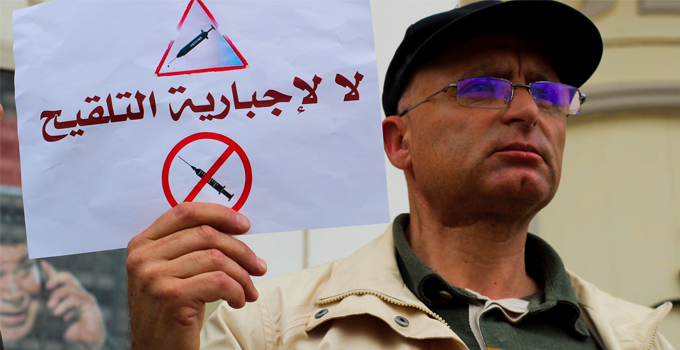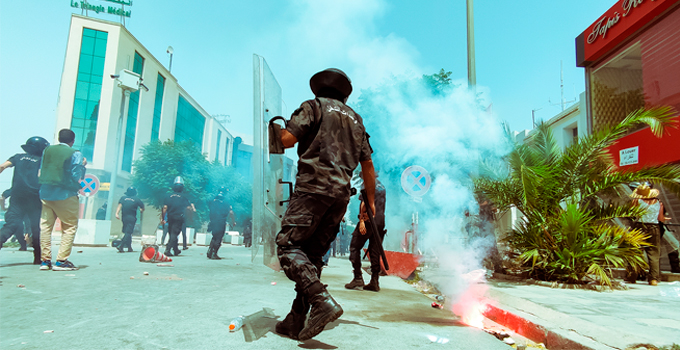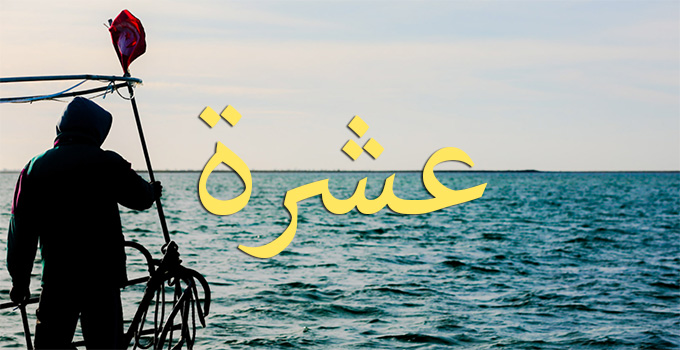Tunisia’s new agreement with the IMF is just two months away from becoming operational. The government, however, is far from being prepared to navigate what follows once it begins the precarious task of dismantling the subsidies system which covers basic goods and hydrocarbons. Rather than alleviating pressure on the country’s most vulnerable groups, it is likely to incite anger and indeed set off the social time bomb that it had hoped to disarm.

















